Healthy aging program breaks down stigmas and language barriers to support refugees and immigrants
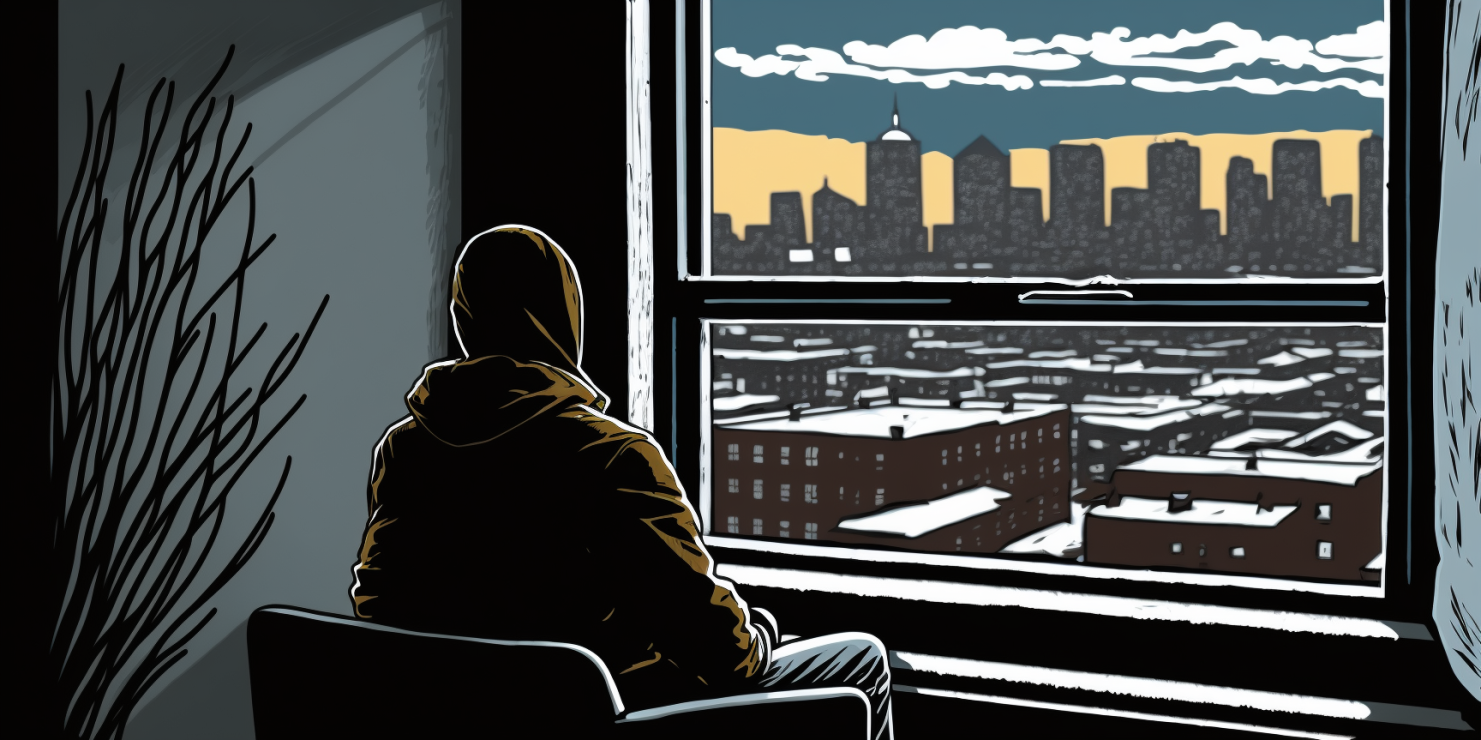
As we grow older, our lives change. Our families gain new members as others grow up and move away, some friendships deepen as others become more difficult to maintain, and the list of unexpected challenges we face gets longer with each new year.
All the while, our vision gets a little softer, our hearing a little harder and our memories begin to fade.
But for some, these difficulties are compounded by language barriers that make learning about the changing world around us even more difficult.
To help support these older adults, in 2022 CSU Extension – in partnership with the Area Agency on Aging at the Denver Regional Council of Governments (DRCOG) – adapted its existing Aging Mastery course, developed by the National Council on Aging, to offer the program in five different languages to immigrants and refugees in Aurora, Colorado.
In Arabic, Amharic, French, Swahili and Tigrinya, the program focused on helping learners improve their social connectedness, physical activity, healthy eating habits and advanced planning.

Eric Ishiwata, an associate professor of ethnic studies with a CSU Extension appointment, worked with the DRCOG instructors to adapt the written curriculum to a verbal, spoken format. But the challenges extended beyond that.
“We had to really navigate some complex cultural and religious concerns from our participants,” said Ishiwata.
This included participants who didn’t want to talk about death in the context of advanced planning, a focus of one of the program’s lessons.
“The instructors had to figure out how to address this,” said Ishiwata. “They did an incredible job. They’re heroes in this effort.”
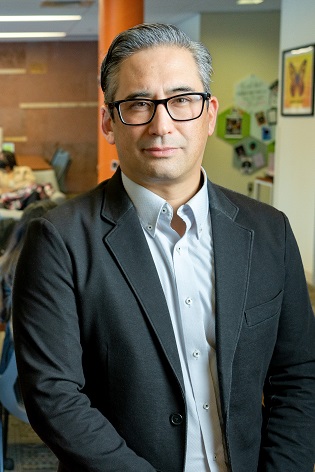
“People told us that they’d look forward to Friday all week long because that’s when they’d show up to the community center for Aging Mastery, see their friends and learn something new. ”
– Eric Ishiwata, associate professor of ethnic studies at CSU
When the program started, the team anticipated they would have about 15 attendees. But, that number swelled to 50 people, with participants bringing in friends and family members who they thought would benefit from the material.
“Aging Mastery helped us to break down stigmas, build relationships, establish tactics for creating healthier behaviors, and learn from each other,” said Sara Beth (SB) Ford, the refugee program manager for DRCOG. “It wasn’t just a class, it felt more like a community.”
To find your nearest Area Agency on Aging, which can help you and your loved ones connect with local resources, visit: www.c4a-colorado.org/services
Creating a community of learners

“It was kind of a unique experience for us to have so many people from different backgrounds in the same room,” said SB Ford.
“Combining communities was a concern in the beginning,” said Roseline Mugaruka, one of the DRCOG instructors. “But soon we saw people were engaging with each and making friends across cultures and languages.”
When Ishiwata visited, he was struck by the warm environment: a room filled with good-natured students, loud laughter and instructors deftly translating conversations across multiple languages.
Everyone in the group shared the desire to learn about how to lead healthier lives, which helped bring them closer together.
“Let the people around you love and care for you.”
– Zara Otaifah, DRCOG instructor
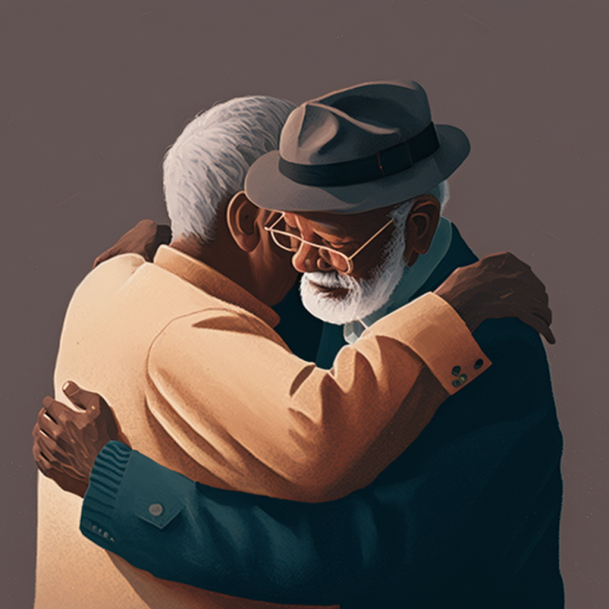
“We have a few folks who speak completely different languages and just are like best friends,” added SB Ford. “They hang out together, they exercise and share snacks together.”
The DRCOG team speaks 11 languages between them, but Lydia Dumam, an instructor who supported Eritrean and Ethiopian students in the program, struggled to find the words to express the sense of pride she felt when she saw students hailing from opposite sides of the globe engaging with one another.
“You can feel it in the atmosphere, it’s very fulfilling,” she said.
No one is alone in needing help
For Zara Otaifah, an instructor with DRCOG who immigrated to the U.S. from war-torn Iraq in 2016, the biggest thing she saw her students take away from the program was simple: realizing they can be happy.
“They were alone at home, and we gave them a place where they could come and meet friends and feel cared for, feel like they belonged,” said Otaifah. “My advice to them is straightforward: Don’t resist the process or reject love. Let the people around you love and care for you, it’s part of the return payment from the bank of life.”
“When we can help people find solace, it’s a wonderful thing.”
– Zara Otaifah, DRCOG instructor
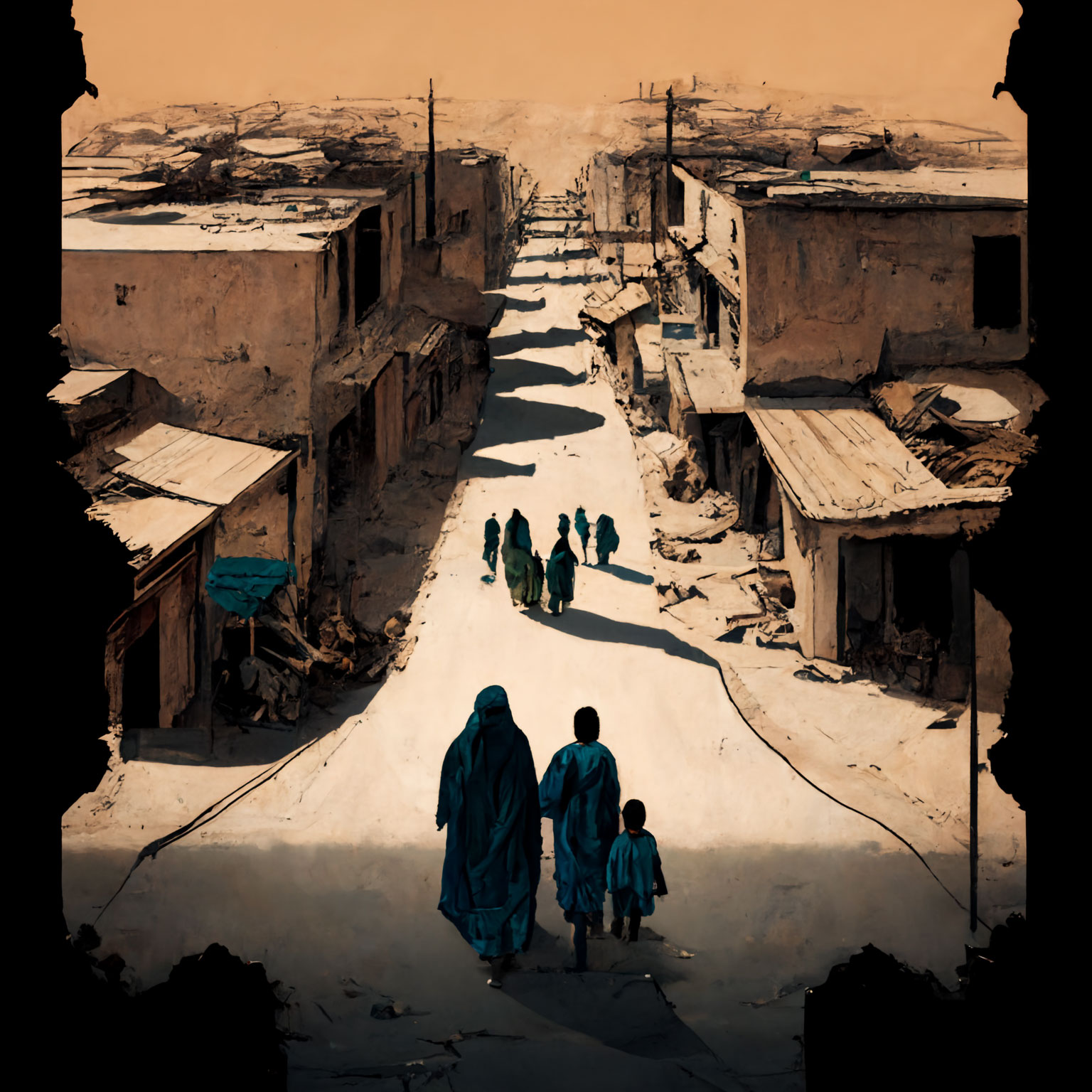
Throughout the class, Otaifah saw her students find comfort in learning new approaches to reducing stress and anxiety, like practicing meditation, while also drawing strength from breaking down stigmas around seeking mental health support.
“I always say, ‘Oh, well I have a therapist,’ and they start to compare themselves to each other, like, ‘Oh, that person has a therapist, and this person has a therapist,’ and they realize they’re not alone in needing help,” continued Otaifah.
“It was like such a different experience to have students sharing their positive experiences with therapy than having that come from a teacher,” said Mugaruka, explaining how the trust they had built up throughout the program was critical in addressing more sensitive topics.
“In my community, many people coming from Iraq and Afghanistan have been traumatized by war, experiencing tremendous loss and grief,” said Otaifah. “Especially those who worked with the American government and put their lives in jeopardy and faced threats of violence.”
“They have their traumas just piling up and they really need someone to talk to and we’re able to connect them with free mental health services,” she said. “When we can help people find solace, it’s a wonderful thing.”
“When I first came to the U.S. I had struggles and challenges like everybody else, and when I settled down I realized I wanted to do something to help people,” she continued.
Getting the answers to living a healthy life
Before students began the Aging Mastery class, they had questions about things like how to avoid loneliness and understanding how long they should be sleeping each night.
The course gave them a safe place where they could ask questions and learn about topics critical to their health while also opening up about the challenges they were facing and learning from their peers.
“Stand up with your head like a lion, imagine that you can do it.”
– A Eritrean student offers encouragement to a fellow classmate
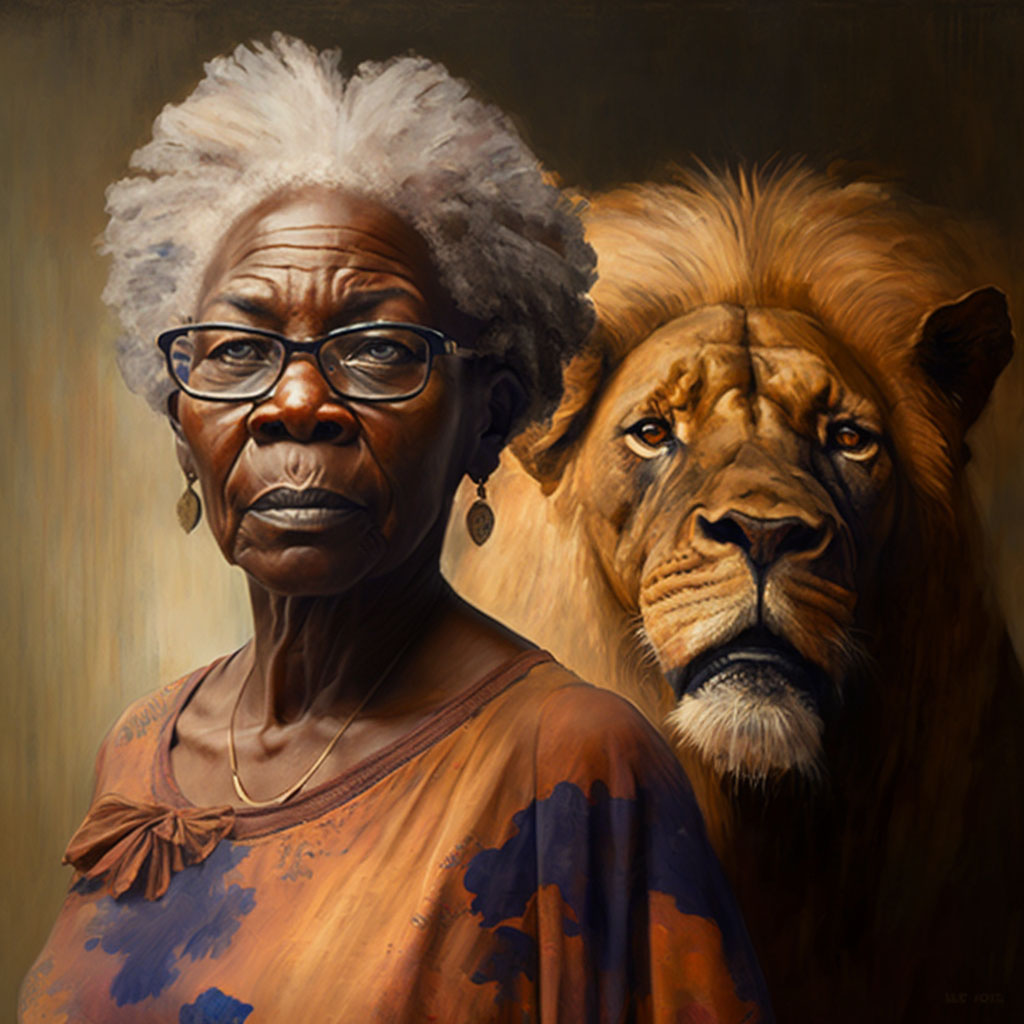
Part of the program also includes information on nutrition and healthy eating. This sparked a huge debate in the classroom about just how much cooking oil was too much.
Although they settled on the fact that it was probably best to use less, the conversation turned to what the sharing of food means for different cultures.
“Our Ethiopian and Eritrean community talked about how sharing one plate of food with others was an expression of sharing love,” said Dumam. “They started asking other groups, like the Congolese, how do you share food, and what does it mean? It was this great interaction learning more about each other’s cultures.”
Some students were struck by the amount of sugar in common foods.
“One student asked to take the PowerPoint slide home so he could show his family the visual of how much sugar was in different products they were using,” said Mugaruka.
“When our students start sharing what they learned with their families, nothing can stop them,” said Dumam.
“At the graduation ceremony they played a Q&A game and I was shocked at how much of the detailed information the students had retained,” said Ishiwata.
“It was incredible to see they were not only using it as a time to come together, but they learned valuable information that will help them with their physical health, well-being and the ways they interact with the health system as they move forward.”
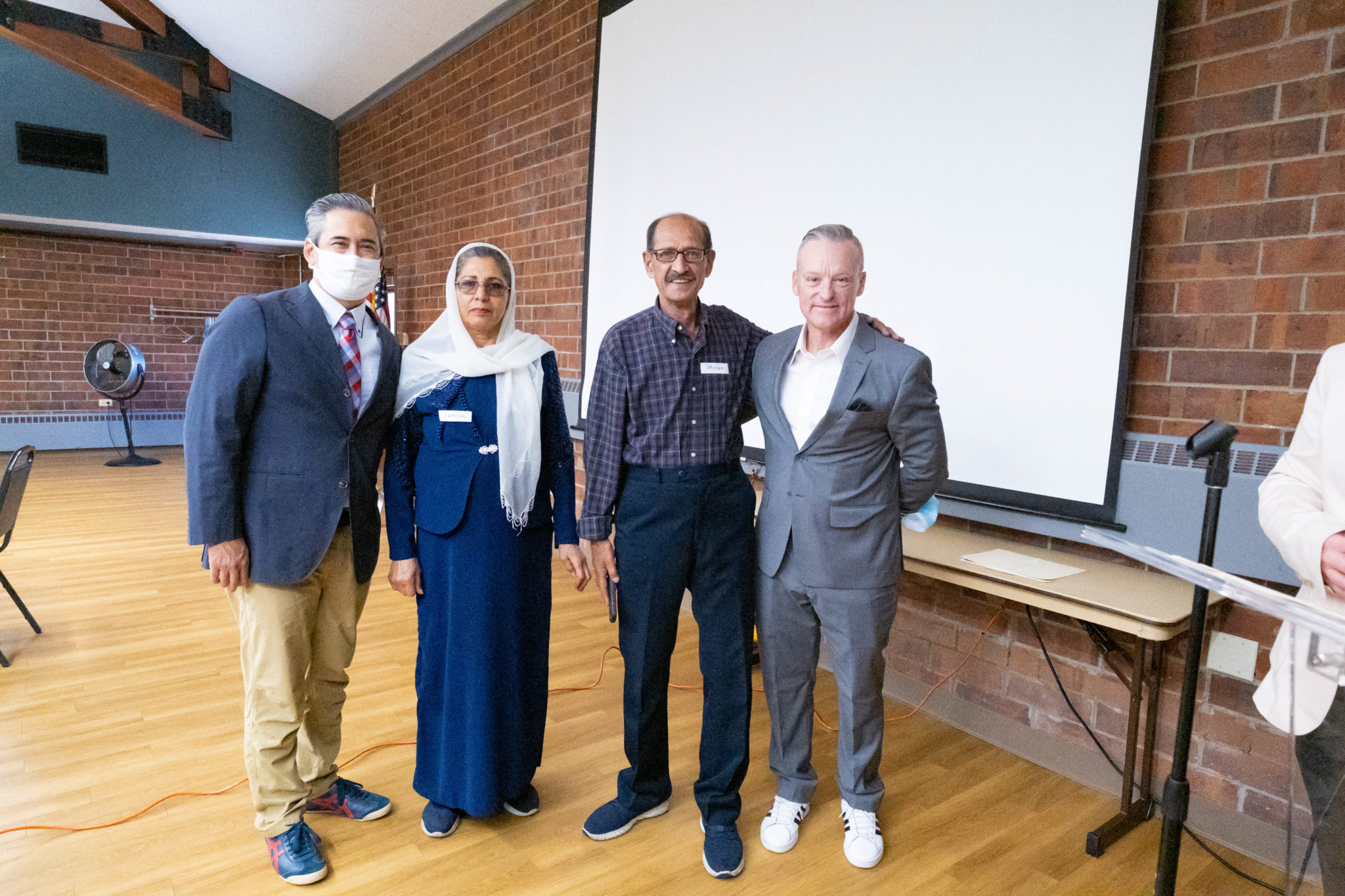
The value of lived experience
“Our older adults have so many stories and they have so much experience to bring to the table,” said SB Ford. “They’ve just lived lifetimes and through such unique experiences. What they have to share and their wisdom is pretty incredible.”
As the students’ time in the program went on, they opened up more and more, sharing about their personal experiences and looking for ways their perspectives could help those around them.
One of Dumam’s Eritrean students was trying to speak in front of the group, but hesitated and appeared to be struggling. A man from her same community asked her: Do you know why the lion is the king of the jungle when he is smaller than an elephant? Because he always stands with his head up, like he has the power.
“Stand up with your head like a lion, imagine that you can do it,” he said, helping give her the confidence to share with the group.
Other students used their positions of respect within their families to share valuable information from the class, or deploy their skilled negotiating skills to make healthy updates to time honored recipes.
One of the students from Afghanistan is an artist, sculpting, drawing and writing poetry, bringing works of his in to share with the class.
But oftentimes, the individual skills – and needs – of our elders are overlooked, obscured by daily realities like a family’s tight finances or relying on older family members to support younger generations by providing childcare.
“We should keep in mind that our fathers and our mothers should go out and have fun,” said Dumam. “They need some time to go out and make friends and enjoy their time.”
“Younger adults can learn to see older adults in a new light. Older adults can learn and they want to learn,” said Mugaruka. “And there is so much we can learn from them.”
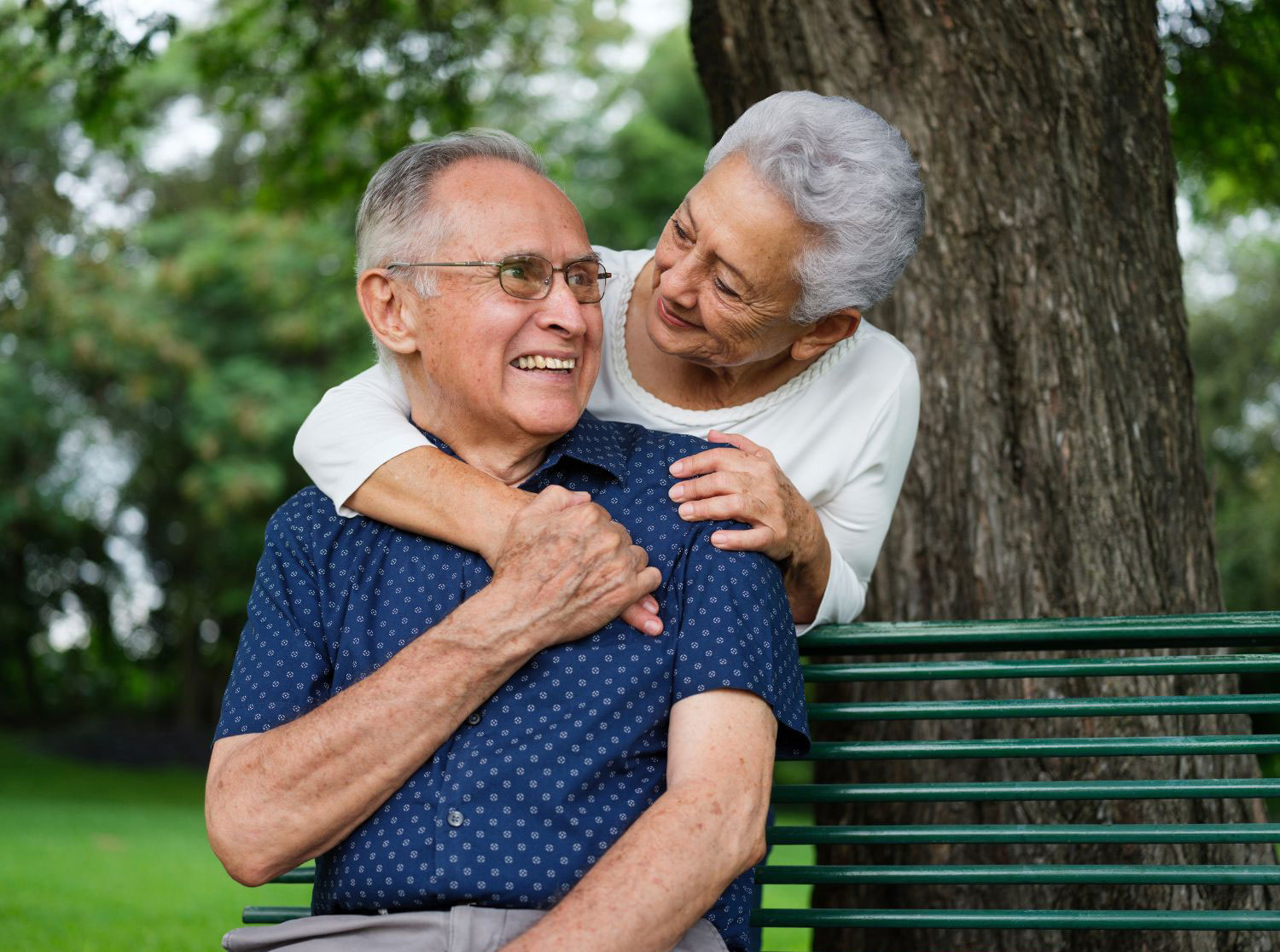
What’s next?
It’s clear the students want more to learn, whether that’s in gardening or nutrition classes or taking the Aging Mastery Program again.
“One of the strengths of Aging Mastery is that it’s an easy entry point for working with communities that, to this point, we don’t have a lot of exposure with,” said Ishiwata. “We have so many incredible programs through Extension that we want to connect people with.”
The DRCOG Older Adult Refugees and Friends Program
The Older Adult Refugees and Friends Program is part of the Denver Regional Council of Governments’ (DRCOG’s) Area Agency on Aging (AAA). The program helps older adults from immigrant and refugee communities find ways to reduce isolation, build community, learn, grow, and access resources.
This year, the team is extending their language services to include Dari and Farsi to better support newly arriving people from Afghanistan.